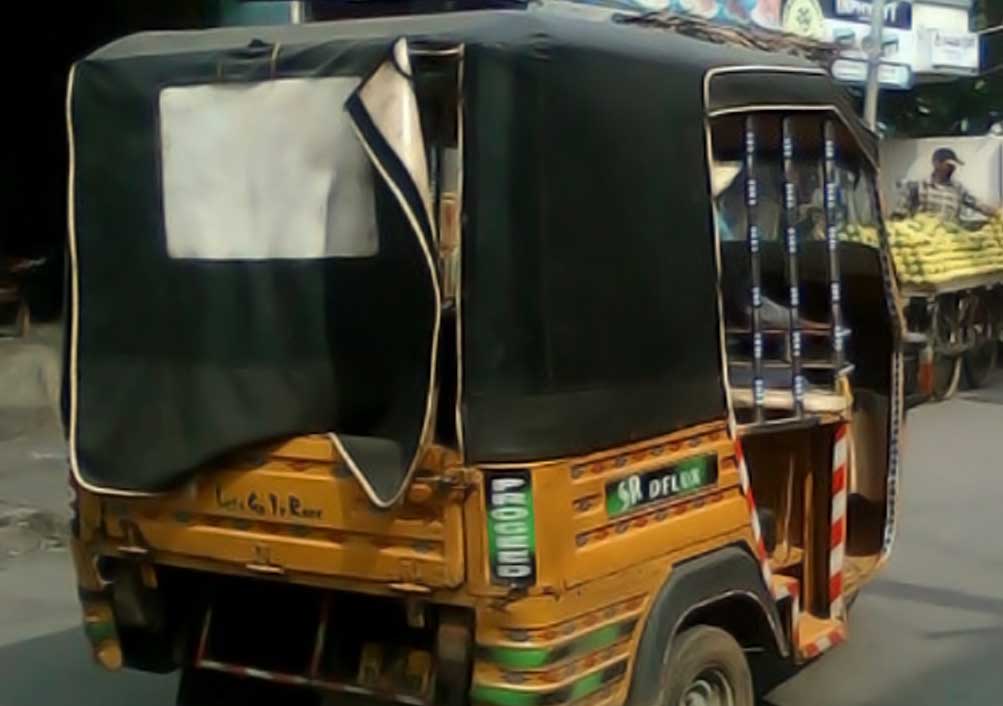NIA Special Court discharges auto driver in IISc. terror case

By LE Desk
Bengaluru, June 20, 2021: A special NIA Court here has discharged an auto rickshaw driver from Tripura, who was arrested in 2017 in connection with the 2005 Indian Institute of Science (IISc.) terror attack case.
Following the court’s order, Habib Mohammed, 41, who hails from Tripura, was released from jail after spending over four years there as an undertrial.
The NIA Special Court in its order discharging him from the case pointed to lack of any credible evidence of his involvement in the case. The judge wondered that he “failed to understand why he was arraigned as an accused in the case”, reported The Hindu.
Mohammed was arrested in 2017 on the basis of a confession statement of one of the accused, Sabahuddin, to the Lucknow police in 2008. He reportedly claimed that Mohammed helped him and other conspirators cross over to Bangladesh after the IISc. attack.
NIA Special Court judge Kasappa Naik rejected an alleged confession statement by Mohammed in police custody as evidence and also pointed out that the prosecution had failed to gather any corroborative evidence to support the claims in the statement as well.
“Thus, there being no sufficient ground to proceed against Accused No.7 [Habib Mohammed], this court cannot frame charges against him, merely because a chargesheet is filed against him,” the judge wrote in his order.
In the last three months, Karnataka has seen courts granting relief to several accused in the Unlawful Activities (Prevention) Act, 2008 cases over the last three months, reported The Hindu.
On June 17, the High Court of Karnataka granted bail to 115 accused arrested under UAPA, 2008 in the D.J. Halli – K.G. Halli violence case of August 11, 2020.
The HC found fault with the order of the special NIA court that granted extension of 90 days to file a chargesheet in the case in November last year, without giving a chance for the accused to make their case. The accused were released under the default bail provision, in view of not filing the chargesheet within the specified time period.
“Most of the arrests in the case were carried out based on mobile locations on the fateful night. Our houses are in the same area, but that doesn’t mean we perpetrated the violence. Ironically, it was on August 15, when the Central Crime Branch police called me to the police station, saying it was half an hour’s work, and arrested me. I returned home only 10 months later,” said one of the accused released on bail, reported The Hindu.
Sign up for our weekly newsletter to stay up to date on our product, events featured blog, special offer and all of the exciting things that take place here at Legitquest.




Add a Comment